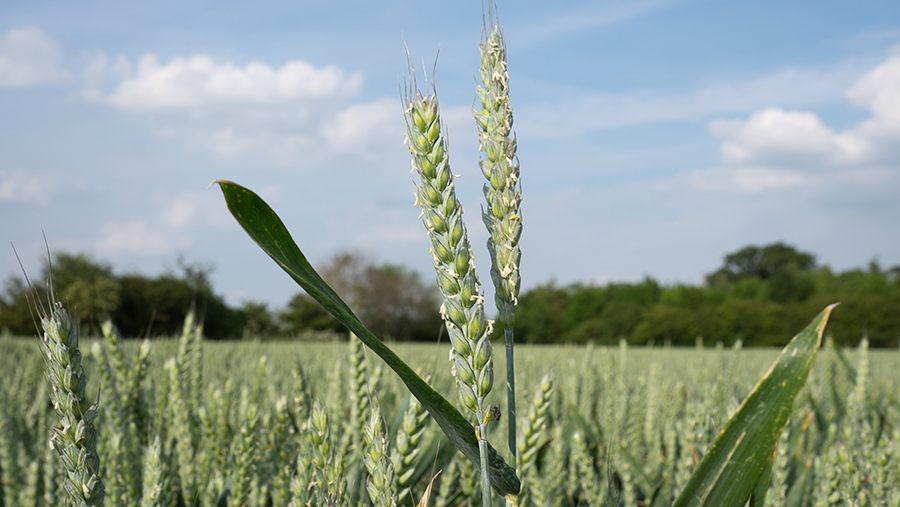Hybrid wheat on Syngenta’s radar for UK growers
 © Tim Scrivener
© Tim Scrivener Syngenta is developing hybrid wheat that could be available in five years and provide a sustainable future for growing the crop in the UK.
The plant breeder is working on a programme that it says will give growers better yield consistency due to bigger and stronger plants that are able to absorb more nutrients and use water more efficiently.
The breeding programme began in France and farmers there could adopt the technology in 2022, while UK registration trials have yet to start.
Rob Hiles, seed business sustainability lead at Syngenta, said: “Wheat is the last remaining global food crop which hasn’t been hybridised.
“I would expect first products to enter registration trials in the next few years. In essence you have had to completely transform the wheat crop from a self-pollinating crop to a cross-pollinating crop and it is incredibly complex. Wheat has three genomes whereas humans have one.
“So I would expect it will be the middle of this decade, probably, when farmers will be able to get their hands on our scale.”
See also: Which wheat varieties to consider for spring 2020
French trials
A study looking at planting hybrid barley in France has given an indication of the benefits to expect from hybrid wheat, Mr Hiles said.
“With a hybrid variety of barley called Hook, we are looking at halving that first fungicide application, which you can imagine has sustainability and environmental benefits.
“And the actual outcome of that is more productivity, so we are seeing a 0.96t/ha increase for Hook which is translating into €72/ha (£61) improvement in profitability for the grower.”
Syngenta’s development of hybrid wheat formed part of their research and design showcase at the Food and Drink Federation in London on Wednesday (15 January).
The event featured innovations to help address the environmental sustainability challenges facing the farming industry.
These included advances in precision farming and conservation agriculture.

